
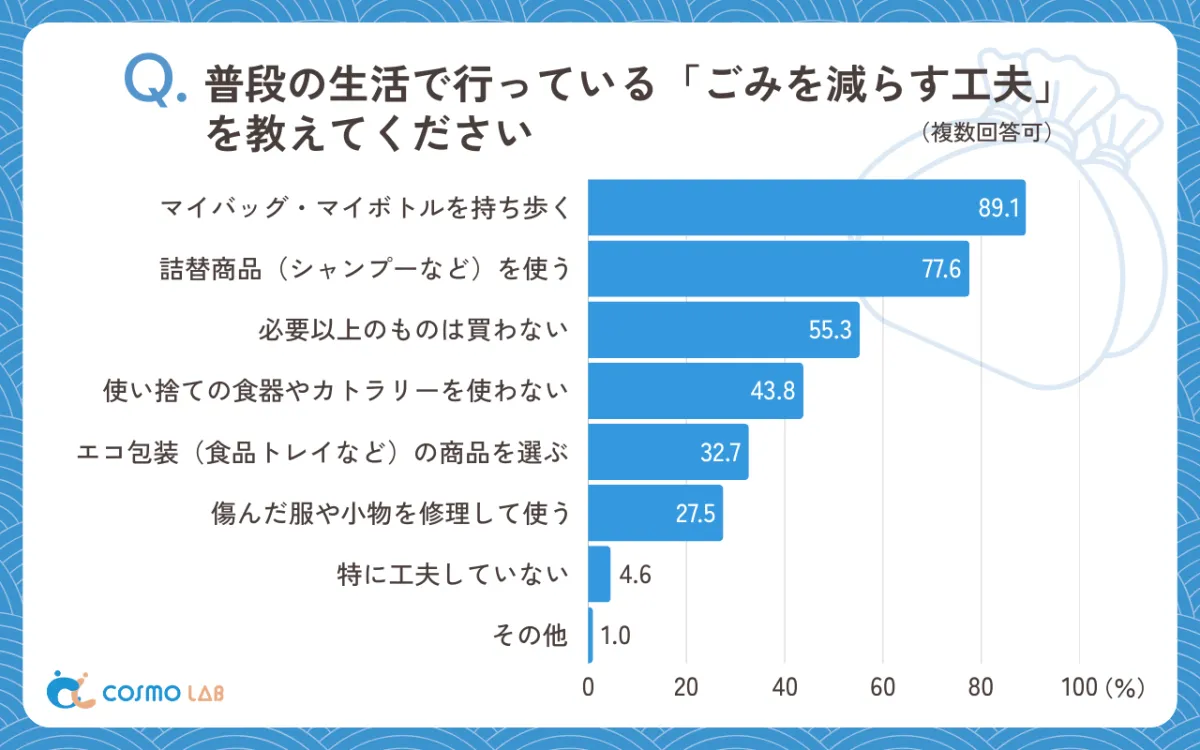
Exploring the Shift: Seniors' Interest in Decluttering and Recycling Services
The Growing Interest of Seniors in Recycling Services
In a recent survey conducted by CosmoLab, a marketing platform specializing in seniors, it was revealed that approximately 40% of older adults express interest in utilizing decluttering and recycling services. The research aimed at understanding the attitudes and behaviors of seniors aged 50 and above regarding waste reduction, recycling, and the usage of recycling services, sheds light on environmental awareness in this demographic.
Key Findings of the Survey
Environmental Consciousness
The survey indicated that nearly 90% of seniors carry reusable bags and bottles in their daily lives, showcasing a strong commitment to reducing their environmental footprint. This habit has become a seamless part of their daily routines. Following closely, 77.6% reported using refillable products, illustrating an awareness of sustainable practices, while 55.3% stated they avoid buying more than what is necessary. This significant engagement reflects a broader trend of environmentally conscious behavior among seniors.
The Reuse Trend
When it comes to disposing of unused items, 47.4% preferred giving away items to family or friends, indicating a strong reliance on trust-based networks for these decisions. Other popular methods included donating to community boxes (39.4%) and selling items through recycling shops or online platforms (37.9%). This shows a preference for socially responsible practices in resource reuse and disposal.
Interest in Recycling Services
Notably, over half of respondents said they have experience with reuse services, while an additional 38.8% expressed interest in trying recycling services, showcasing potential growth in this area. These figures reflect not only the existing penetration of reuse services in seniors' lives but also the opening for new service expansions catering to this consumer segment.
Shopping Habits
Seniors' purchasing decisions significantly lean towards durability, with 68.6% favoring long-lasting items. A notable 51.8% checked for refill options, further emphasizing their focus on sustainability from the point of purchase. Additionally, interest in eco-friendly products is evident, as 32.7% reported seeking environmentally conscious options when shopping. The inclination towards reuse also comes into play, with 19.7% willing to purchase second-hand items, and 16.6% opting for items that can be repaired.
Recycling Practices
In terms of recycling, the survey found that many seniors consistently separate recyclables at home, with 94.5% sorting pet bottles and cans, while 88.3% separated paper products. These figures indicate a considerable commitment to recycling practices. Moreover, a significant number are also engaging in more challenging recycling, such as battery disposal (62.9%) and organic waste management (40.7%).
Future Aspirations for Environmental Action
As the seniors look towards the future, 77.8% indicated they wish to increase their use of reusable bags and bottles, revealing a desire to amplify their already implemented sustainable practices. Other popular aspirations included reducing waste as much as possible (51.6%) and assisting in clothing recycling (42.6%). Interest in starting composting was also noted, suggesting an eagerness to integrate more sustainable practices into their lives.
Feedback on Recycling Services
Interestingly, many respondents recognized the potential of recycling services, even if they haven't yet used them. The dominant reason for wanting to experience recycling services is the need to declutter homes (69.0%) and the sentiment of not wanting to waste usable items (61.3%). Factors like benefiting others and environmental responsibility were also significant influencers behind seniors' motivation to engage with these services.
Preferences for Recycling Processes
The survey also explored how seniors prefer to engage with recycling services, with 63.5% favoring the option to take items directly to a facility for ease and reassurance. A simple system for home pickup (32.9%) and clear communication about service pricing (26.4%) followed. Although digital solutions are less favored, signs of acceptance are emerging, with some showing interest in mobile applications for service bookings and information.
Conclusion
The survey from CosmoLab demonstrates the high rates of environmental awareness and resource reuse among seniors, similarly reflecting a behavioral shift towards sustainability within this demographic. The strong preference for durable goods and adherence to recycling protocols underscore the importance of developing services that align with these values. As the market moves forward, suppliers are encouraged to create more inclusive and accessible recycling platforms that appeal to seniors' needs. Building on trust through face-to-face interactions while providing transparent and user-friendly processes could significantly enhance seniors' engagement with recycling programs. For more insights and research into senior behavior, visit CosmoLab's website and explore their various studies on health, safety, and consumer trends.
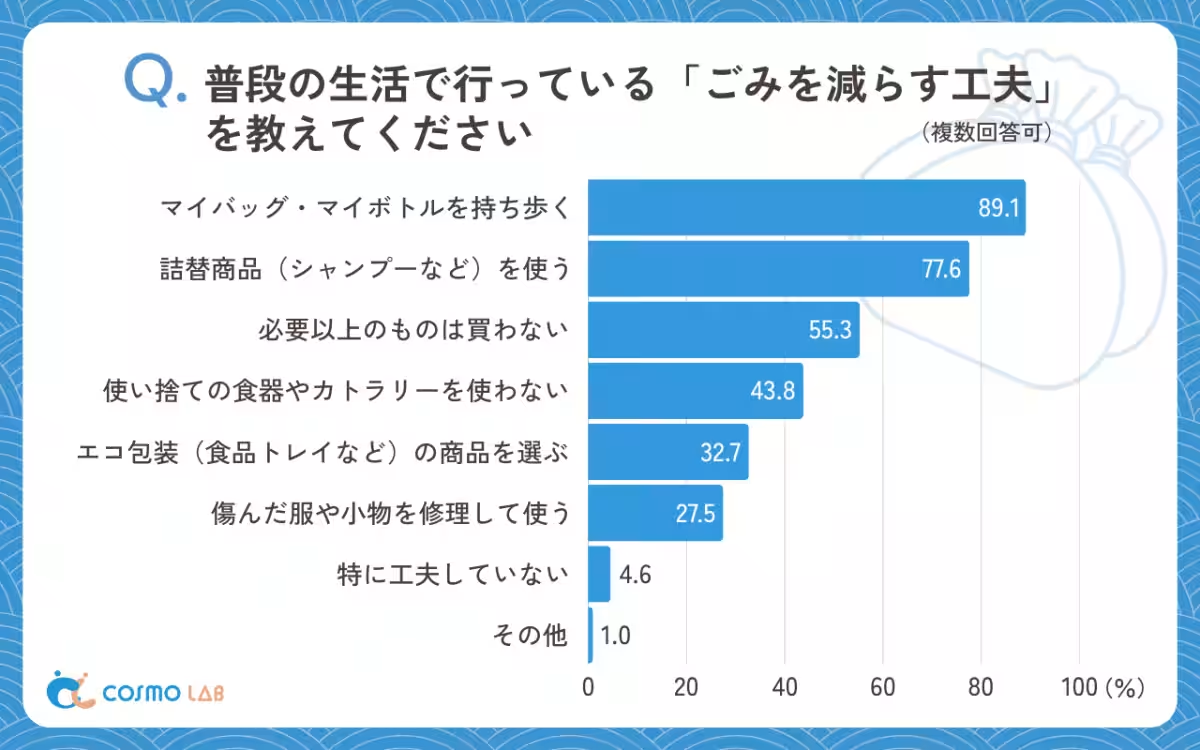

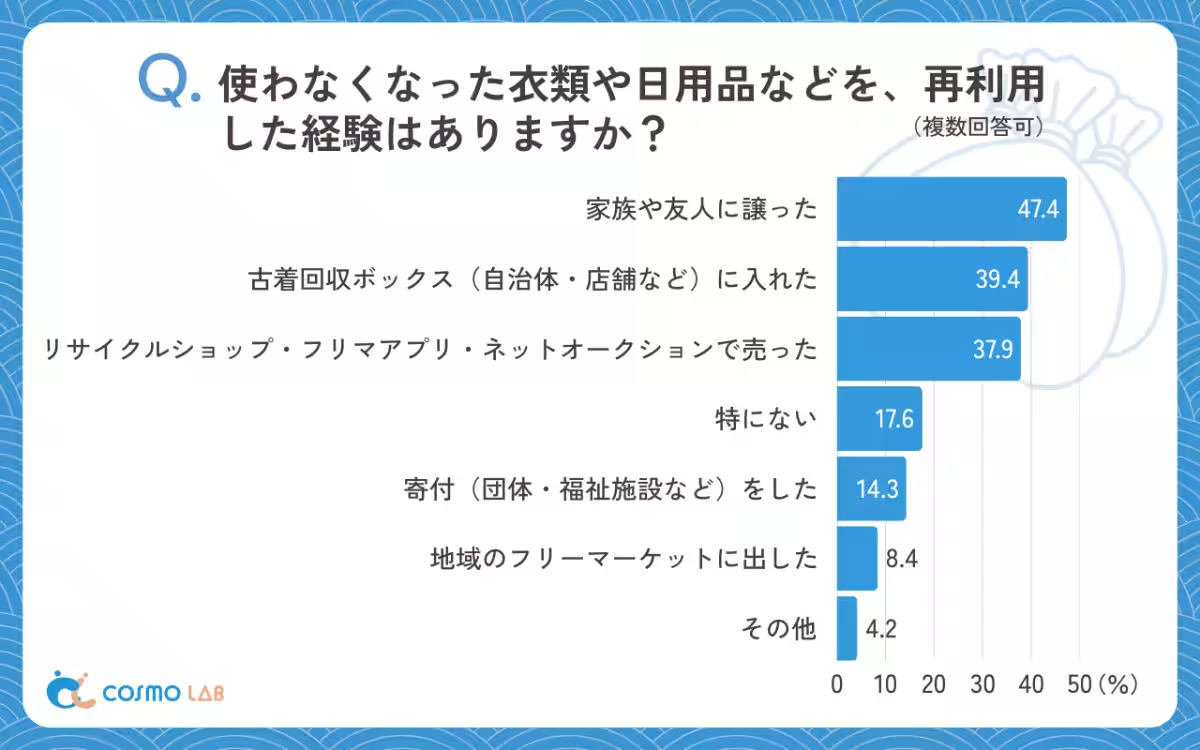
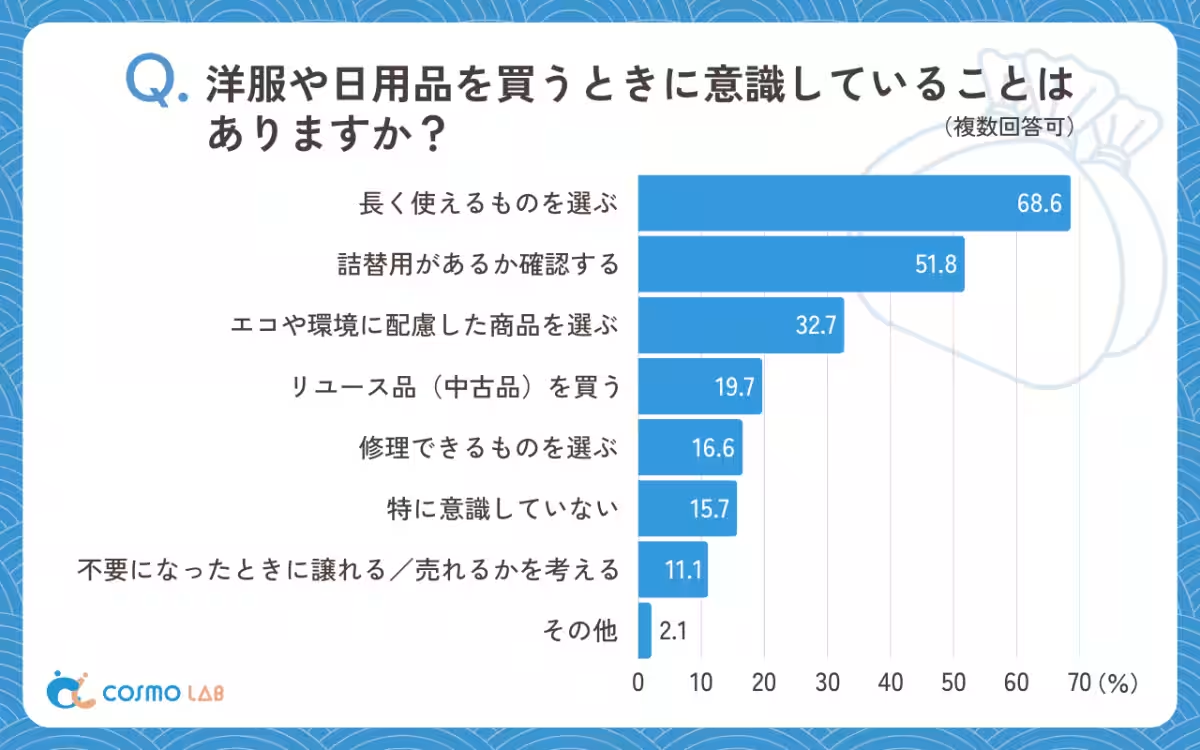
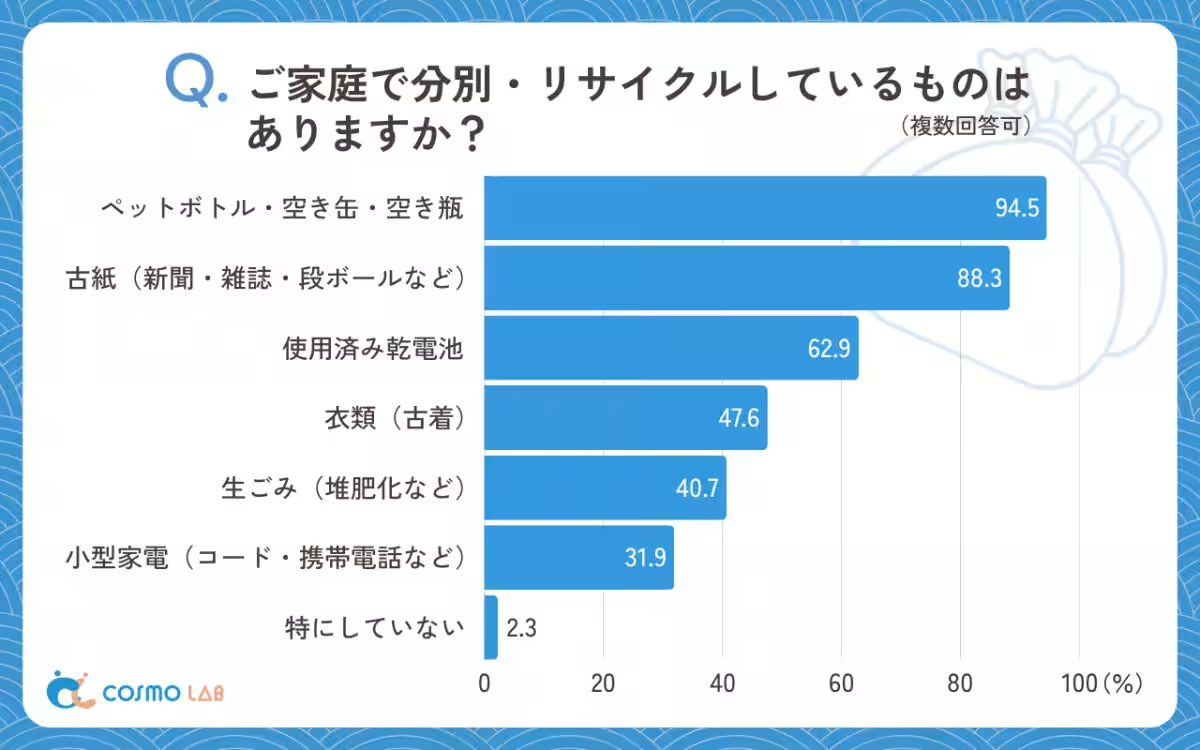
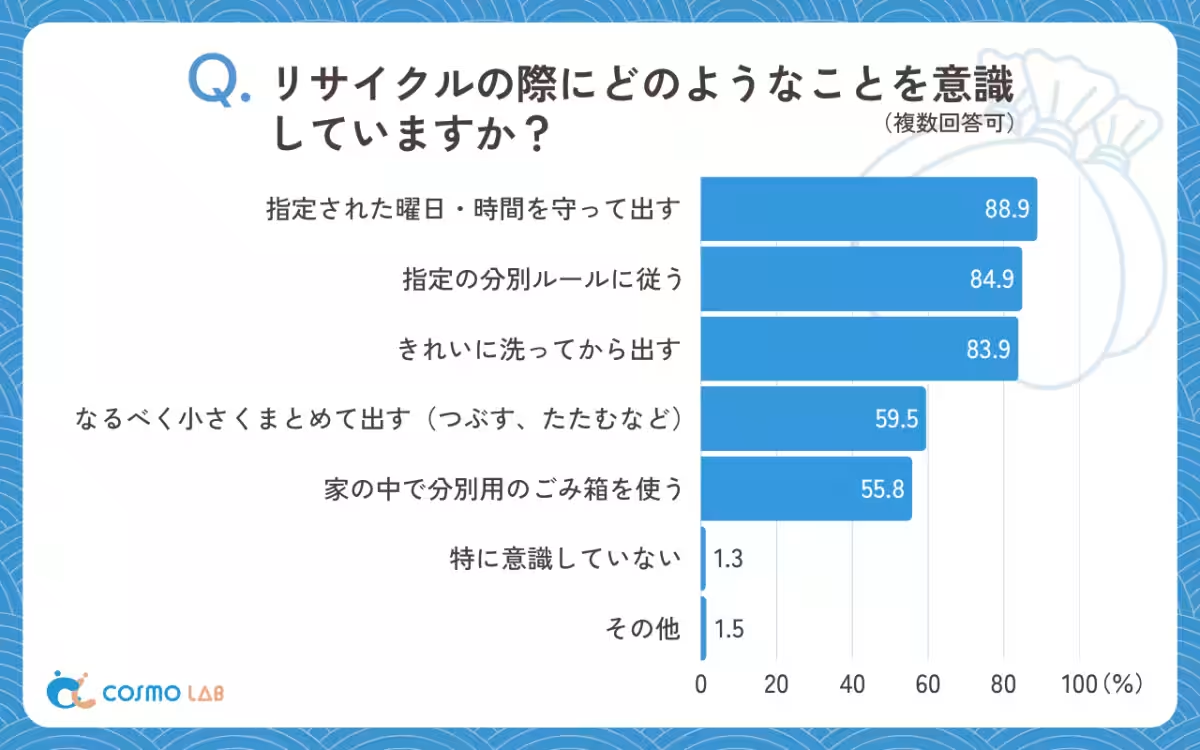
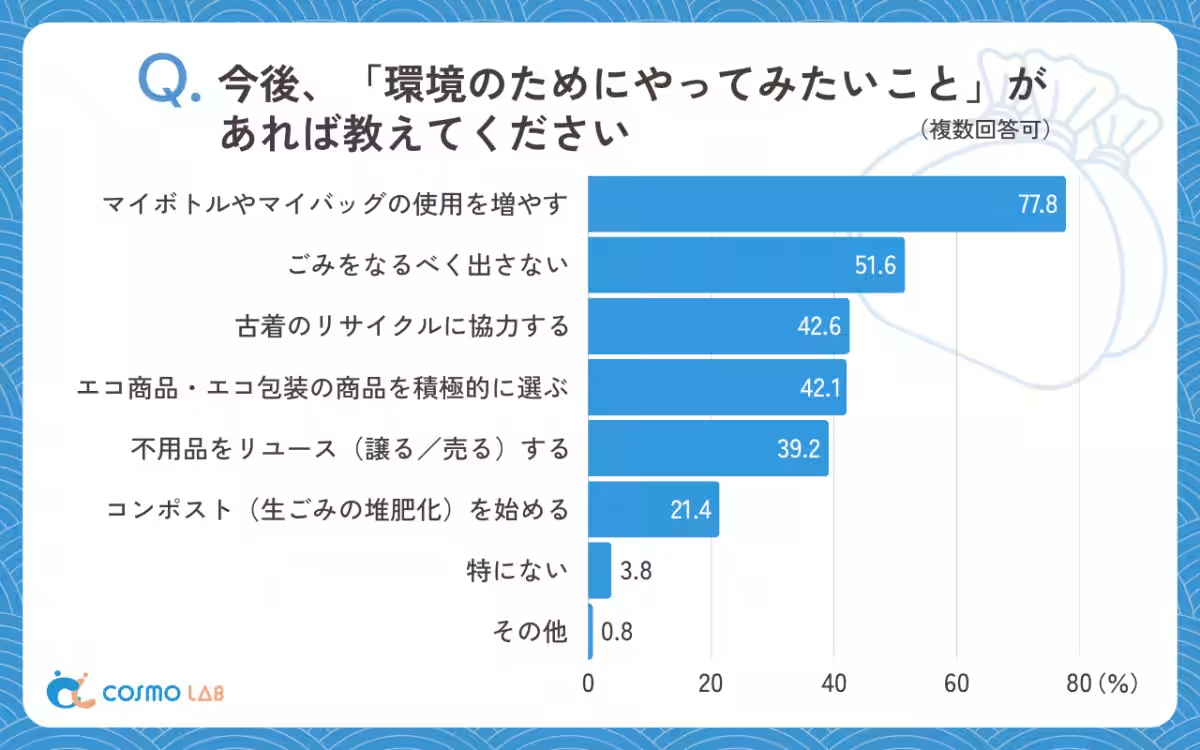
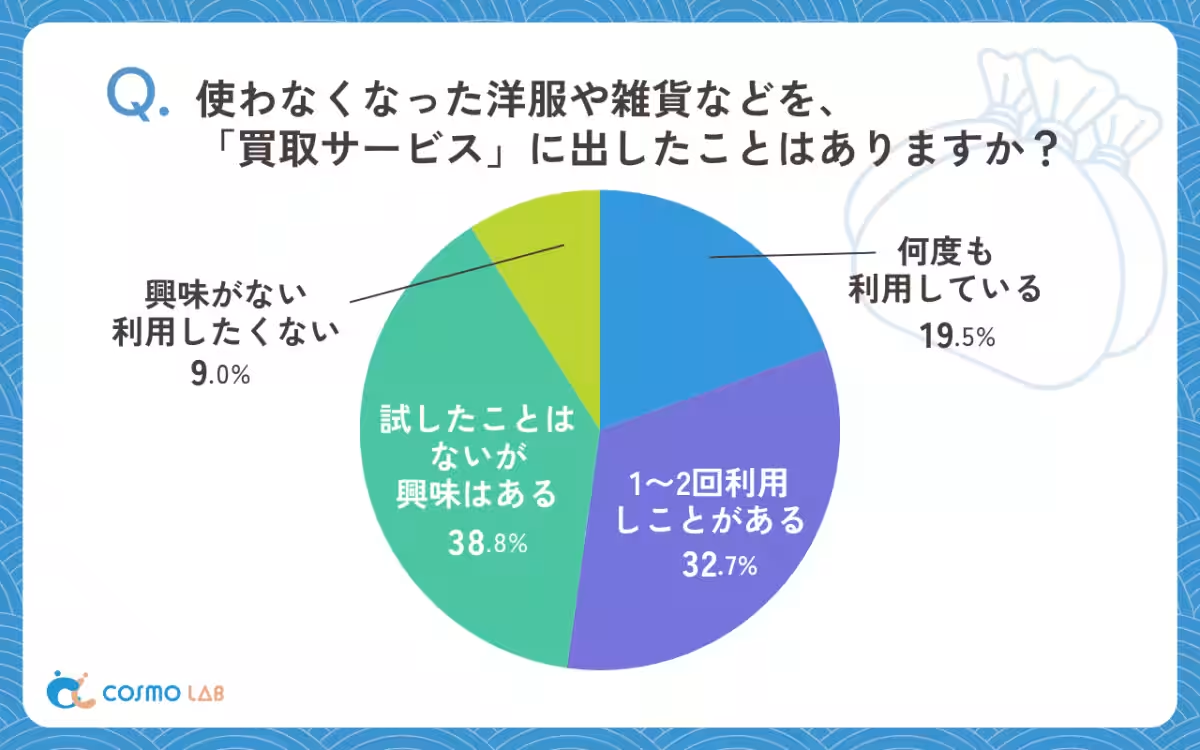
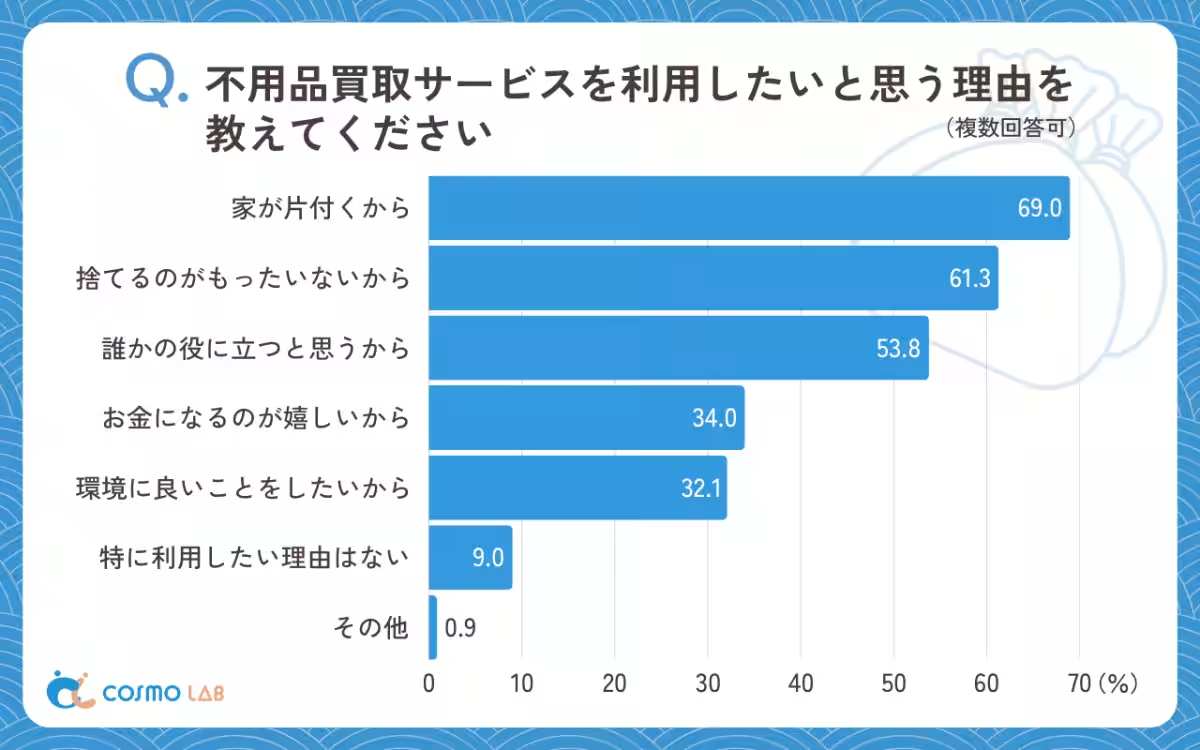
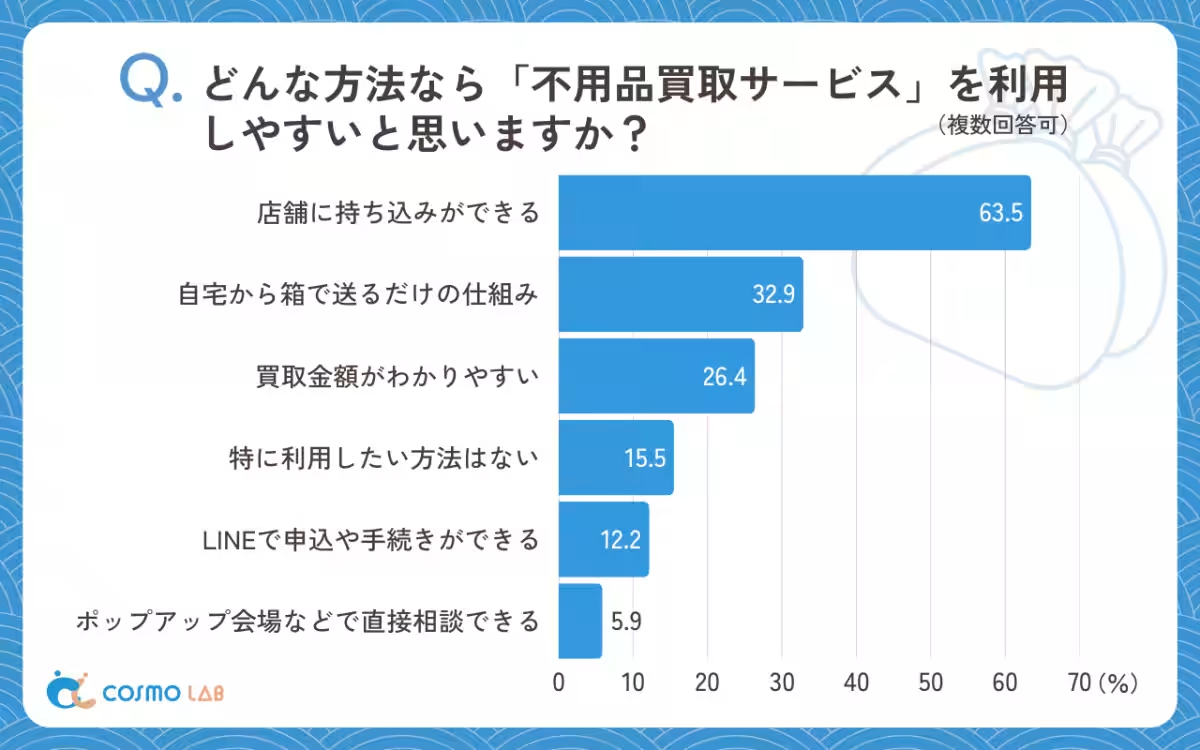
Topics Consumer Products & Retail)










【About Using Articles】
You can freely use the title and article content by linking to the page where the article is posted.
※ Images cannot be used.
【About Links】
Links are free to use.